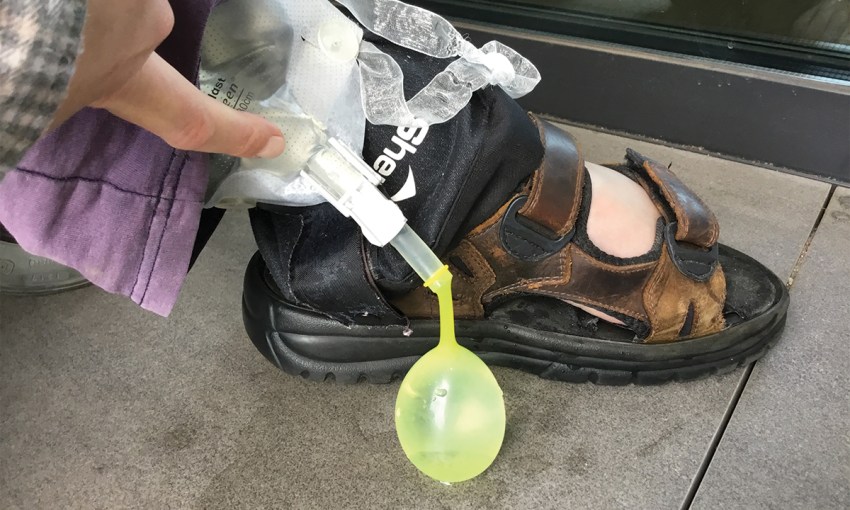Adelaide Contemporary Experimental’s (ACE) latest exhibition Yucky, developed and led by Sam Petersen, an artist with disabilities, explores the personal and political complexities that exist as part of disabled experience.
Making art Yucky
People seeing me and yet pretending not to see.
The fear is palpable sometimes.
They fear me because I’m yucky.
Yeah, drooling and weeing all over the place.
Like you ables don’t.
– Excerpt from Fear by Sam Petersen
With an interest in political explorations of identity, it’s no surprise that visual artist, writer and performer Sam Petersen chose the theme and title of Yucky. In its focus on disabled experience within an ableist society, it is a staunch FU to those who see only the disability, and a celebration of disabled resistance.
“I felt powerful because I knew this would be so punk and only a person with disabilities can say it publicly,” says Sam.
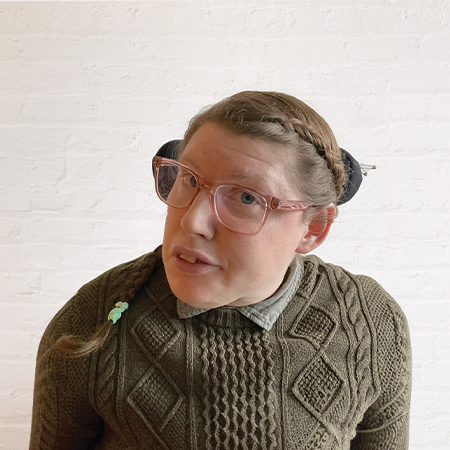
Sam Petersen.
“I feel yucky and I have asked other artists with disabilities if they feel yucky too.”
Featuring new and recent work by a mix of pivotal Australian and international contemporary artists, the exhibition centres the perspectives and experiences of those who are deaf, disabled, chronically ill and also neurodivergent.
Showing alongside lead artist Sam are locals Makeda Duong, Josh Campton, Lorcan Hopper, Melbourne artists Sophie Cassar and Elizabeth Reed, and US artist Finnegan Shannon.
ACE Public Programs Coordinator and Yucky co-facilitator Grace Marlow says during development, they, co-facilitators Rayleen Forester and Patrice Sharkey, and Sam had many conversations about ‘yuckiness’ as a concept.
“Sam has reiterated the societal perception of many aspects of disability as yucky and gross; things that are human and natural like bodily fluids and bodily messes have come to the forefront with the aim to celebrate rather than hide them,” Grace says.
“We have discussed on the other hand institutional failures: government structures and systems of supposed support and care that limit disabled people’s autonomy.”
Yucky runs until May 4, 2024.
Adelaide Contemporary Experimental is located in the Lion Arts Centre, North Terrace.
Find out more at the website.
Grace says Yucky has come to encompass a range of other discussions around “disability and personal identity, a spotlight on prejudices that we all have and need to reflect on, and criticism of oppressive systems”.
ACE received funding from Arts South Australia to support local artists William Maggs and Hen Vaughan to curate a suite of public programs that will accompany Yucky.
“We really wanted to have local artists who are deaf/disabled lead the public programs and be at the forefront of that curatorial process,” Grace explains.
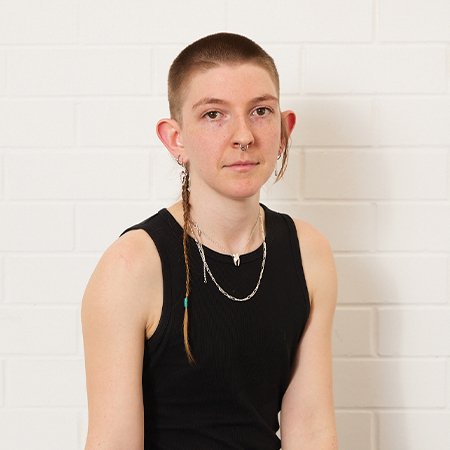
Grace Marlow.
Hen says the process started with “thinking about what accessibility looks like, and how from a non-disabled perspective it can seem messy or unruly”.
“The first event will be an interactive ‘food event’ which plays with that perceived yuckiness, literally. Our ableist world rewards individualism and views access as ‘yucky’, but we want to flip the script and prioritise intimacy and interdependence,” they say.
The intention of the public program is to bring a wide audience to the work and invite their participation in the broader discussion.
“Art galleries have a long legacy of being exclusive, gated and selectively accessible, so it’s important that we respond by designing and embedding other ways in,” Hen says.
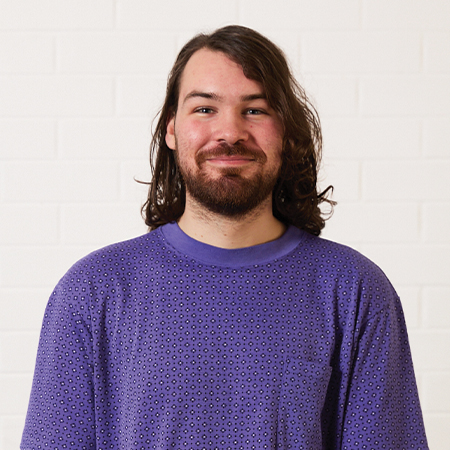
Hen Vaughan.
“The other events in our program will include access tours and discussion groups, which will extrapolate on some ideas within and parallel to Yucky.”
ACE has a strong focus on improving audience access and is now regularly incorporating deaf-led tours and audio-described tours. For Yucky, the core exhibition information will be translated to Auslan, with videos accessible online and at ACE, and audio files of the core exhibition information at ACE.
Audiences can build on their experiences onsite in the ‘Yucky Reading Room’ Grace says.
“This is a space people can stop and take a rest, and learn more about disability justice and advocacy through a series of resources curated by the Yucky artists, [ranging] from books to podcasts and videos,” Grace says.
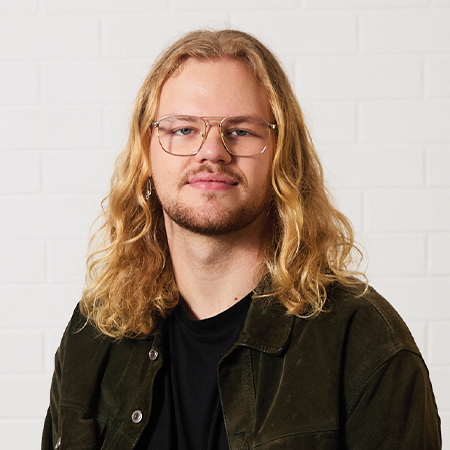
William Maggs.
Hen believes access should be embedded in creative projects – as happened with this exhibition – rather than treated as an afterthought or bonus.
“Public programs and curatorial work are at their core about increasing and improving access – to ideas, spaces and artworks – so this process will continue to inform the way I make my own work, and curate other work, in the future,” Hen says.
For fellow public program curator William, the idea behind the exhibition is personally empowering.
“The word ‘yucky’ for me feels like reclaiming a sense of ownership in one’s body, regardless of whether or not it is functional or convenient to the abled,” William says.
“Existing in the sense of being confrontational and realistic about one’s feelings, and acknowledging the pain as well as the beauty of living in a unique way.”



